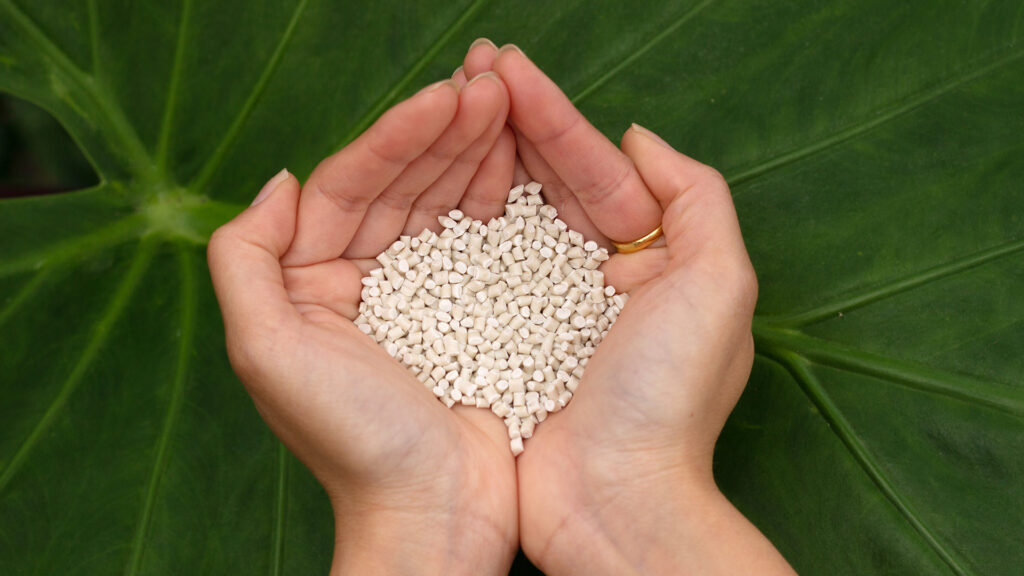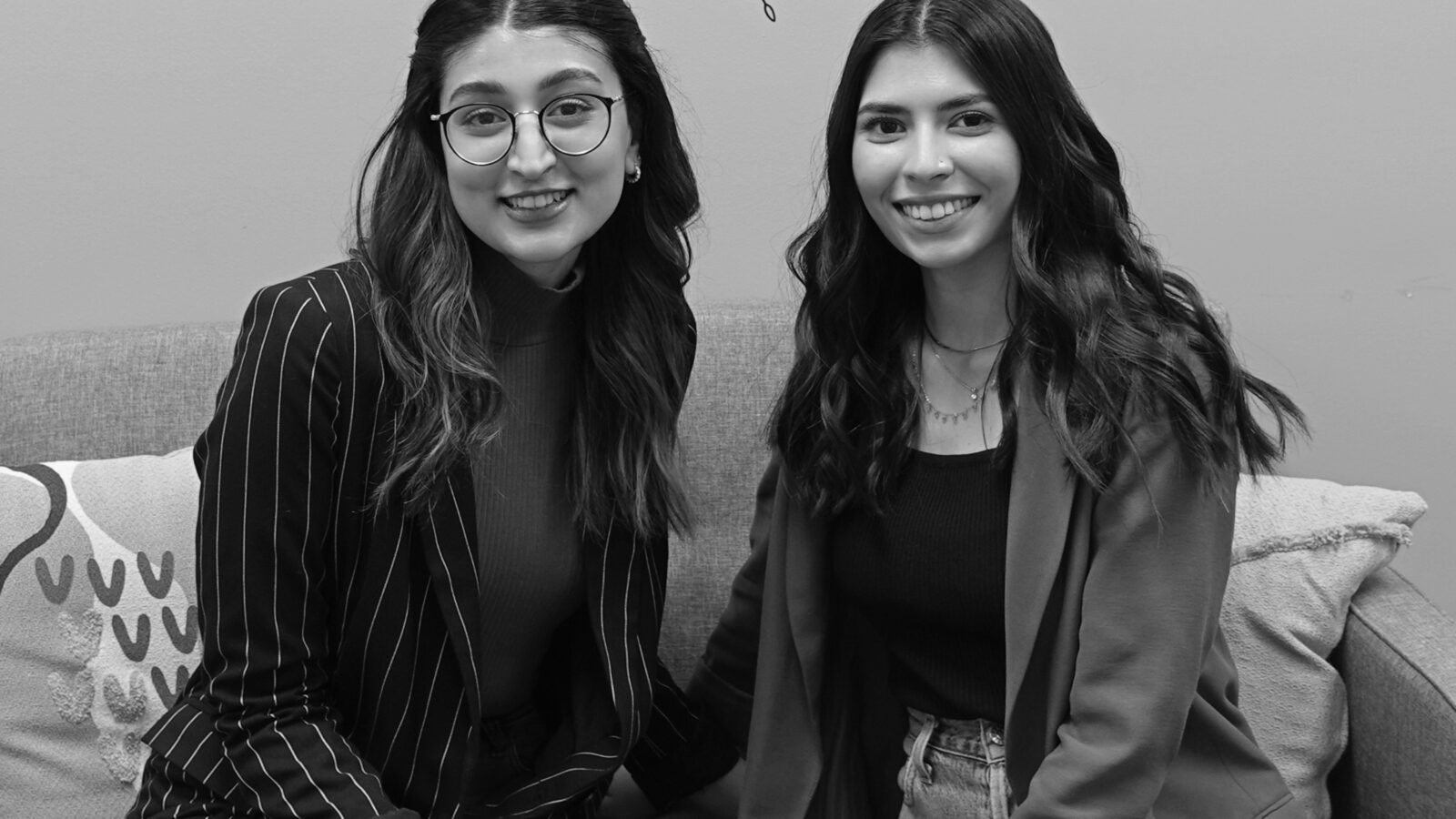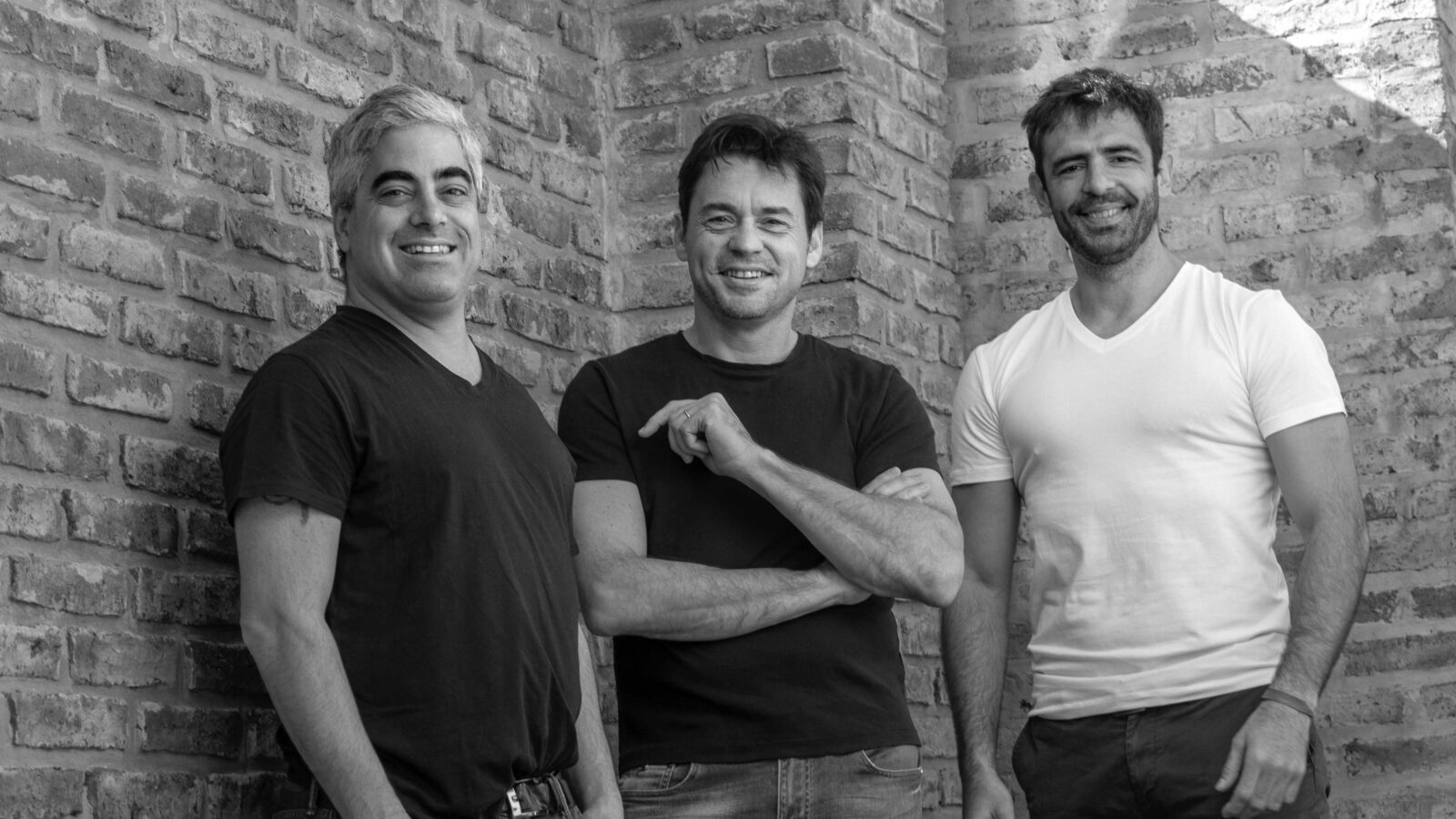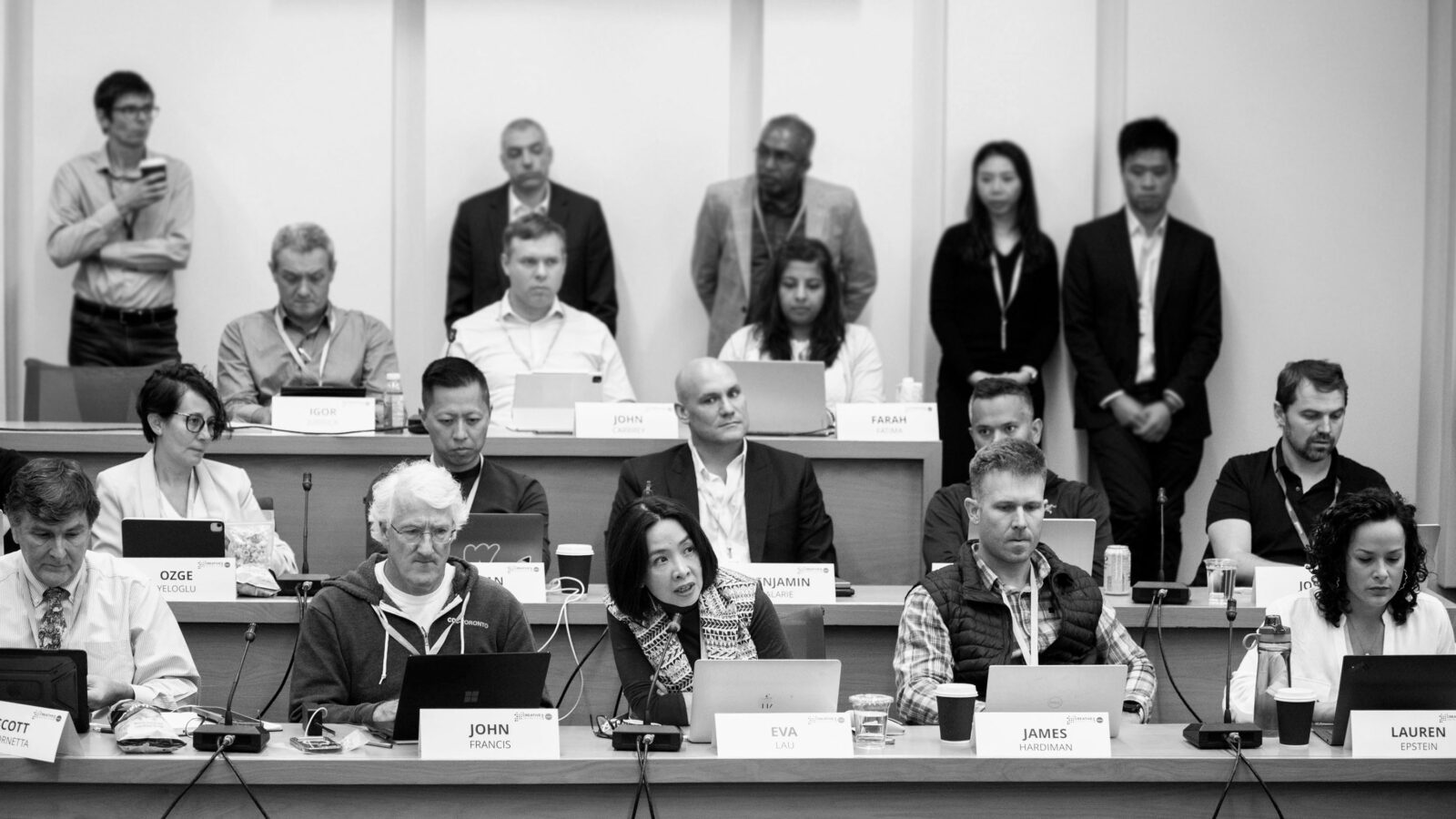When Nuha Siddiqui was a student of business and environmental economics at Rotman, she wanted to find a solution to reduce plastic pollution — a massive problem, with 400 million tonnes of plastic waste being produced annually. She joined Enactus, a group that supports social entrepreneurship initiatives, to create a natural, non-toxic alternative to Styrofoam. While experimenting with materials, Siddiqui quickly realized what she was working on had more potential than a hobby project: “We started realizing that this was actually a potential business opportunity.”
Siddiqui started to recruit co-founders, and that’s when she met Kritika Tyagi, a plant biologist who was also at the University of Toronto at the time. Along with chemical engineer Chang Dong, they launched the business after graduating in 2018, officially incorporating as Ecopackers. That’s when the fun started. The team headed to Asia to speak directly with plastic manufacturers to understand the barriers to incorporating sustainable materials into their production, and what they would need to transition to a sustainable supply chain.
“It always came down to compatibility,” said Siddiqui. “Other biomaterials or eco-friendly materials that have come before our time always struggled with some of the key performance requirements that manufacturers were looking for.”

While bootstrapping and validating the demand for their idea, the team joined the CDL program in the Prime stream as part of the 2018/19 program year. “Throughout our journey at CDL we were constantly challenged: Is this the right business model? Is this the right approach to the market? Is this truly the right way to capture the value that you’re creating?” recalls Siddiqui.
That pushed the team to examine their approach, prompting further conversations with plastic manufacturers, and eventually, transforming Ecopackers into Erthos. Their focus changed from creating an alternative for styrofoam to creating a material that could be as functional as plastic, but still provide environmental benefits. “That was the key moment where we started seeing a lot more traction,” says Siddiqui.
Their pivot led to securing a round of funding led by Golden Ventures, setting up their first facility in Shenzhen, and starting validation of their prototypes with manufacturers. Other than Matt Golden at Golden Ventures, they benefitted from mentorship and investment from Chen Fung and John Francis, among others. As recent grads and first-time founders, CDL was vital for building credibility and expanding their network. “Without CDL we definitely wouldn’t be where we are today,” says Siddiqui.
Erthos has now created bio-based alternatives for traditional plastics, using plant byproducts to create materials that have carbon emissions that are 70 percent lower than plastics. Their first product was an alternative for polypropylene and validated across four industries with more than 20 applications, including alternatives for things like clothing hangers, cosmetic packaging and tableware.
The start-up has raised over $8 million through a combination of VC funding and non-dilutive capital from Sustainable Development Technology Canada, and has dozens partners they have been working alongside to commercialize their product. Erthos is now getting ready to scale their operations globally, starting with expanding into Southeast Asia.
What sets erthos apart is their consideration of the life cycle of their materials — ensuring they aren’t drawing on food sources, for instance, and that their products break down safely and completely between three to 24 months. “We’re looking at sustainable materials a lot more holistically than other alternatives today,” says Siddiqui. “The end-of-life [product] being a compostable alternative is what we think can truly add a lot of value for what our planet needs.”





